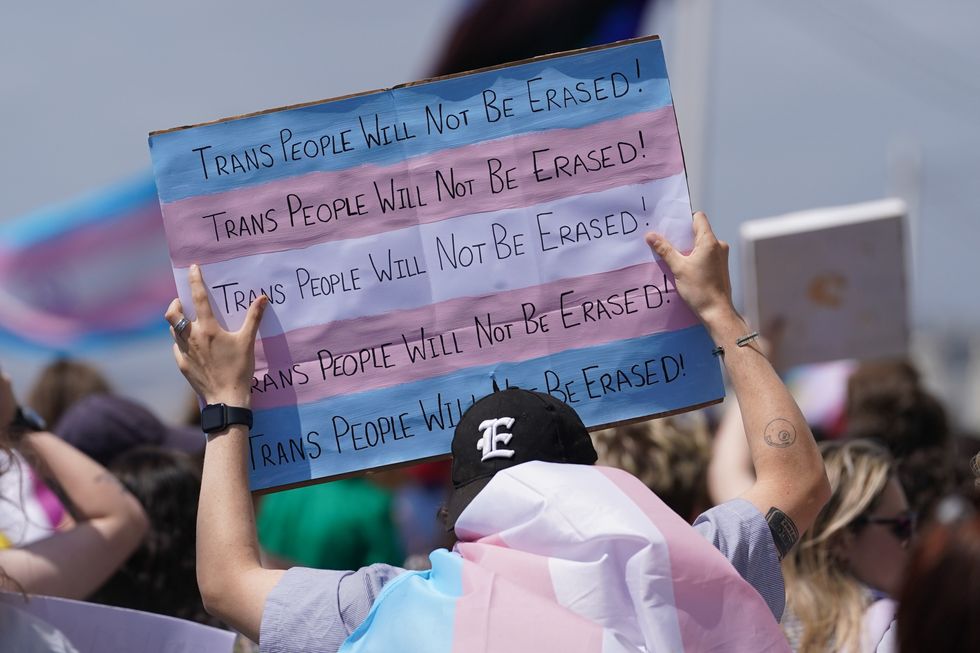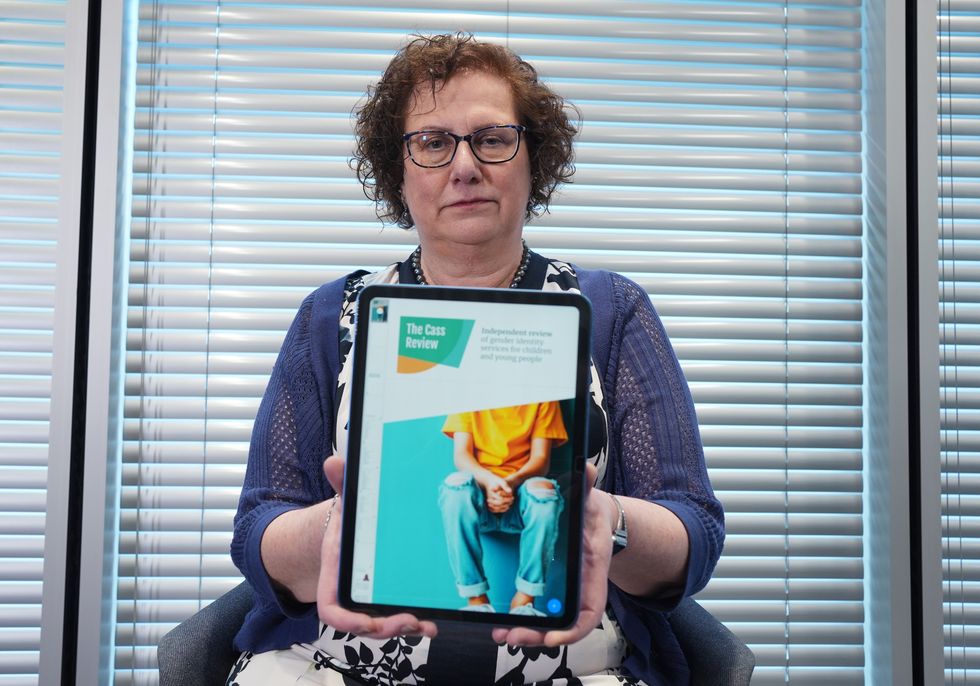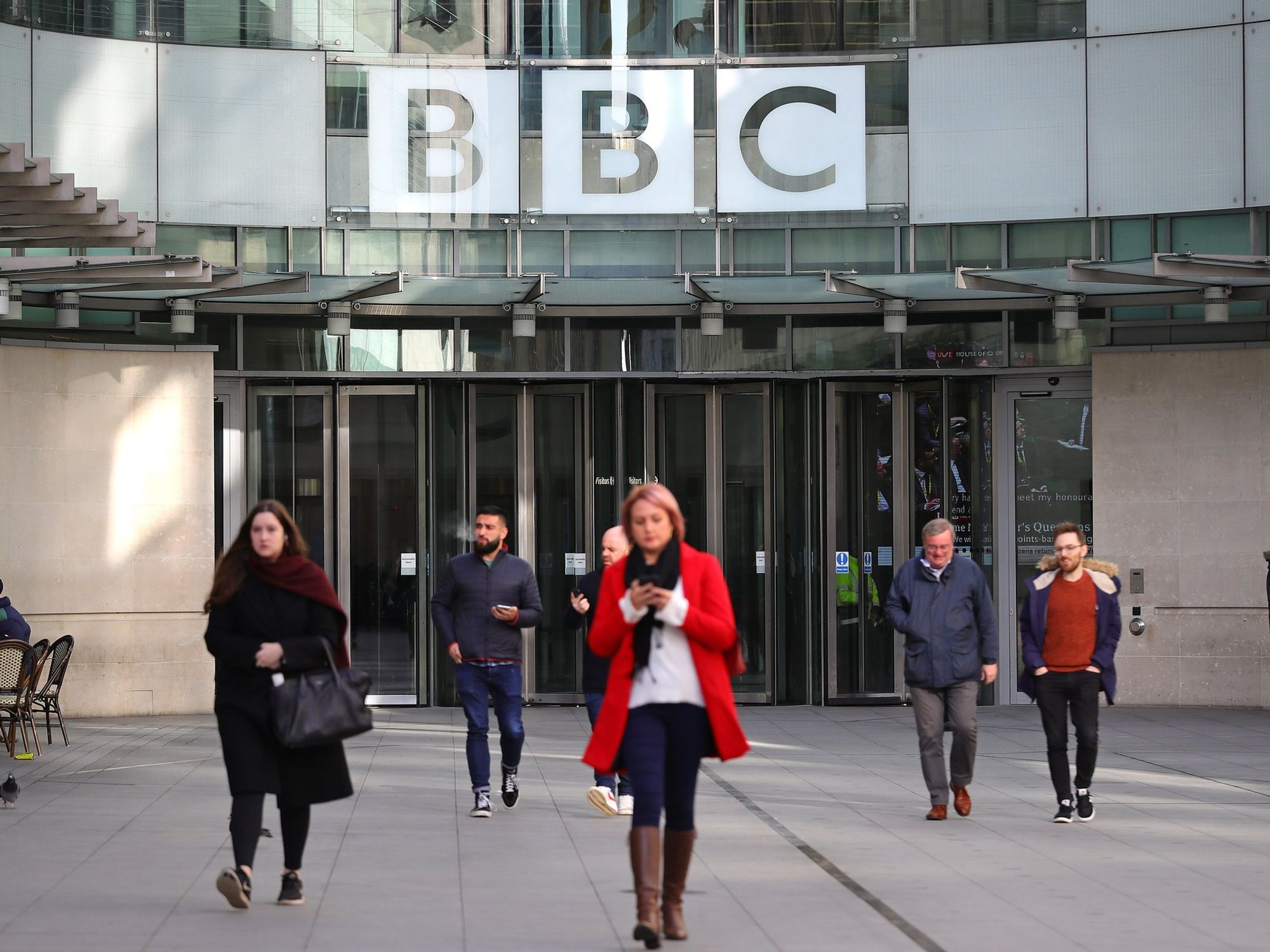Number of children who believe they are wrong gender SURGES as latest research shows scale of dysphoria in England

More than half of those diagnosed also experienced anxiety, depression or had self-harmed
Don't Miss
Most Read
Latest
The number of children diagnosed with gender dysphoria in England has risen 50-fold in just a decade, new research reveals.
Analysis of GP records shows there were more than 10,000 cases diagnosed in 2021, compared to fewer than 200 in 2011.
The landmark study by the University of York found girls were twice as likely as boys to receive such diagnoses.
More than half of those diagnosed also experienced anxiety, depression or had self-harmed, according to findings published in the Archives of Disease in Childhood.

Analysis of GP records shows there were more than 10,000 cases diagnosed in 2021 - a 50-fold jump on 2011
|GB NEWS
The study marks the first comprehensive analysis of gender distress across England, drawing from extensive GP records rather than specialist service data.
The research follows the Cass review, which cautioned against rushing children who identify as transgender into treatments they might later regret and recommended banning puberty blockers for those under 18.
Between 2015 and 2021, cases among females rose more rapidly than males, with twice as many girls receiving diagnoses by the end of the study period.
The research examined anonymised health records from GP practices contributing to the Clinical Practice Research Datalink database.
READ NEXT:

The study marks the first comprehensive analysis of gender distress across England
|PA
By 2021, the data suggested one in 1,200 young people had received a gender dysphoria diagnosis, compared to one in 60,000 a decade earlier.
Among those diagnosed, nearly 5 per cent were prescribed puberty blockers, while 8 per cent received masculinising or feminising hormones.
The findings showed 53 per cent of patients had concurrent mental health conditions recorded in their medical files.
Professor Tim Doran from the University of York pointed to increased awareness of gender differences and social media as factors behind the trends.
These changes coincided with a steep rise in anxiety and depression, he noted.

The research follows the Cass review, which cautioned against rushing children who identify as transgender into treatments they might later regret
|PA
The professor said it remained unclear whether children with mental health problems were more likely to develop gender dysphoria, or if the dysphoria led to distress.
Researchers emphasised an "urgent need" to tackle mental health difficulties and improve support for young people experiencing gender dysphoria.
A smaller qualitative study interviewed 14 teenagers referred to gender identity services, along with 12 parents and 18 adults who previously sought treatment.
The research revealed young people experiencing gender dysphoria were keen to begin treatment immediately, while many expressed disappointment with medical delays and frustration towards their parents - who in turn demonstrated greater caution regarding medical treatments.











